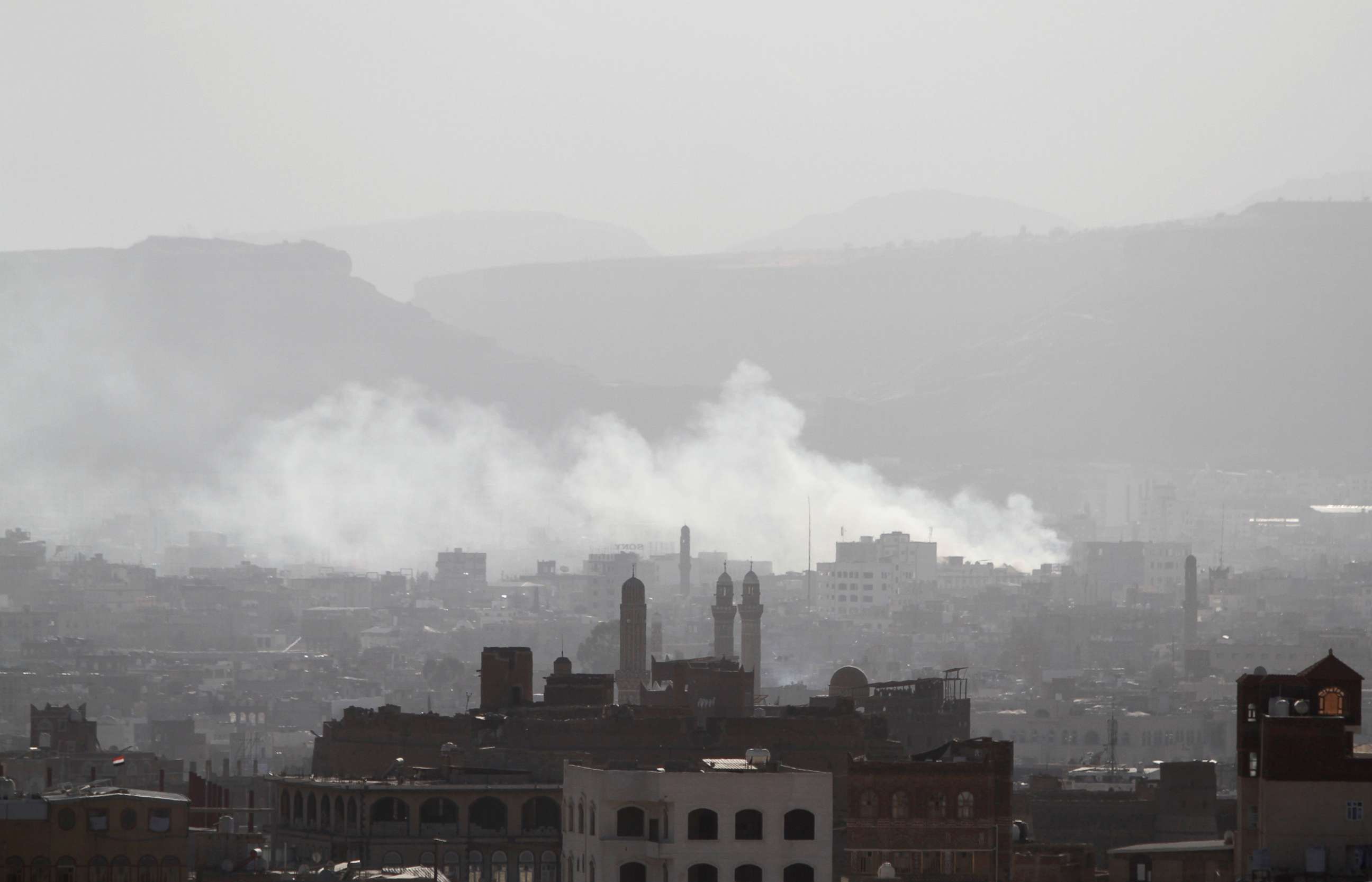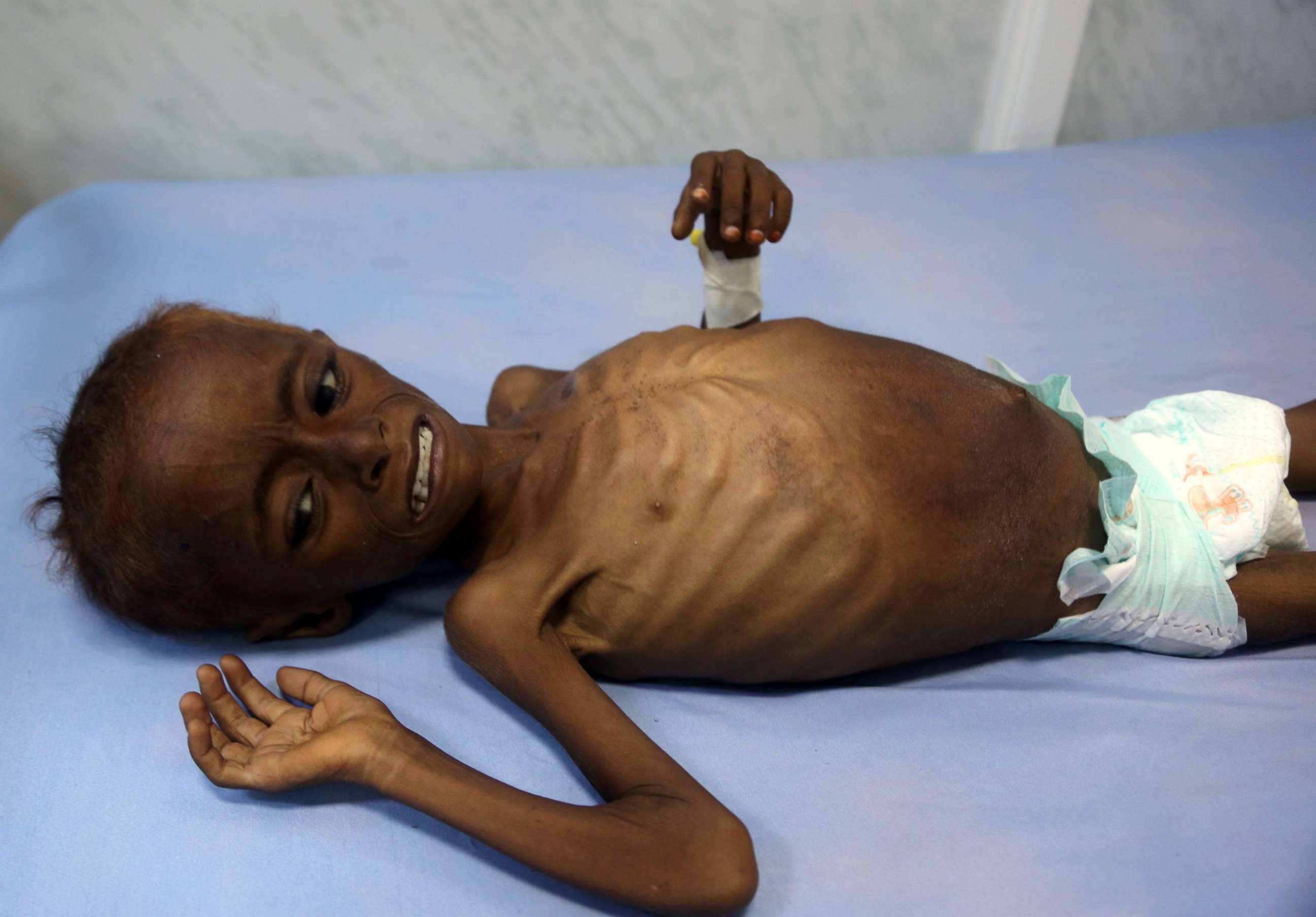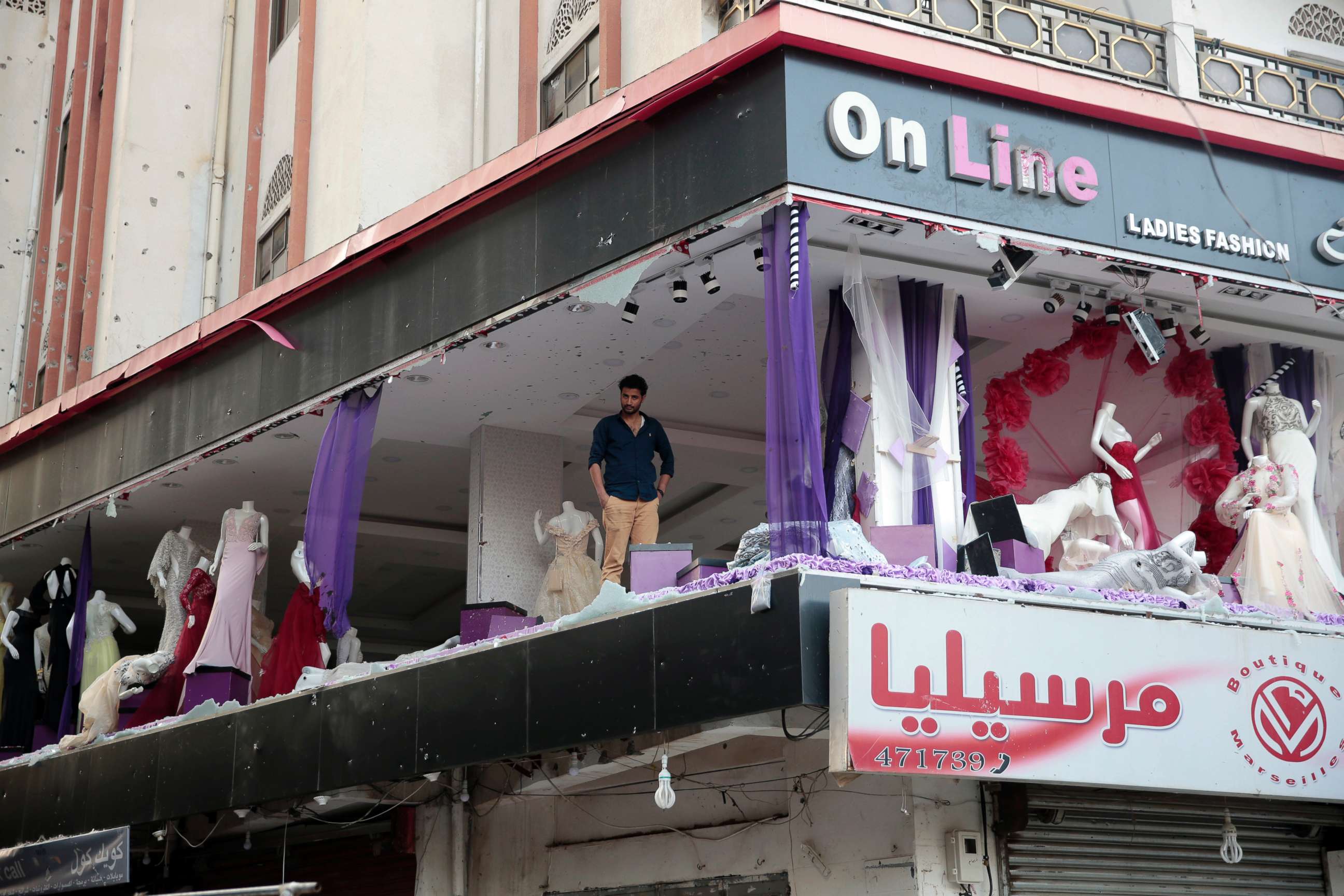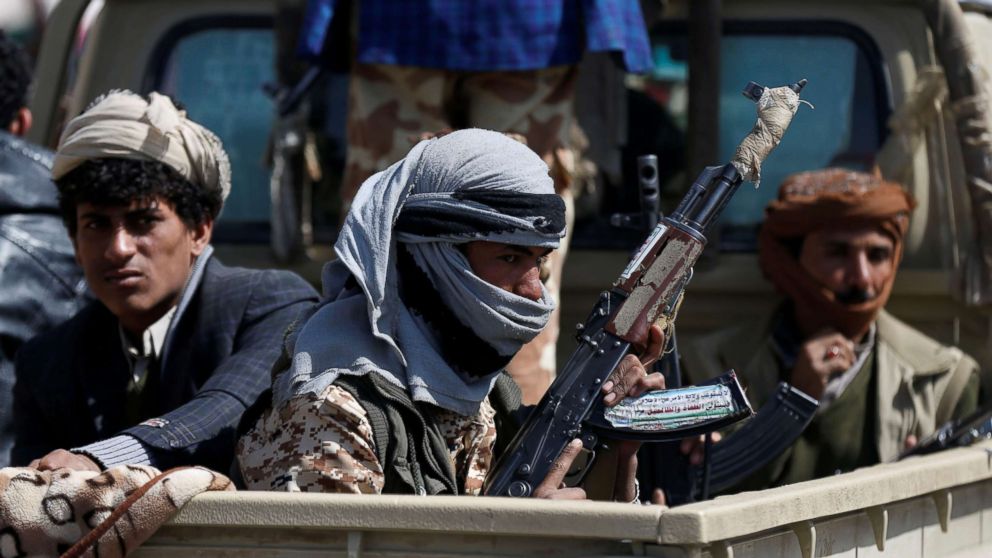Civil war, humanitarian crisis escalates after former Yemen president killed, signals challenges for US
BEIRUT -- After Yemen’s former President Ali Abdullah Saleh was killed at the hands of Houthi rebels, experts in the region say his death could ignite an “explosion” of unrest in the already troubled Gulf nation that has been wracked by civil war.
Yemen, which has previously been vital to U.S. interests in the region, is also experiencing an unprecedented humanitarian crisis that has brought nearly seven million to the brink of starvation.
One factor that will now work against Houthi leadership in coming days is the very public manner in which Saleh was killed when he tried to escape from the house in which he had barricaded himself.
“Many people are out for blood now,” Adam Baron, a visiting fellow at the European Council on Foreign Relations told ABC News. “The fact that he was killed in such a humiliating manner has really aroused anger in a lot of people.”
Saleh was killed two days after he backed out of an alliance with the Iran-backed Houthis, changing sides to embrace Saudi Arabia. Egypt’s MENA state news agency reported that the head of The Arab League, Ahmed Aboul Gheit, on Tuesday called the Houthi movement a “terrorist organization” and is demanding the international community “rid the Yemeni people of this nightmare.”


Yemen is vital to U.S. interests
The U.S. military has been providing support to the Saudis throughout their campaign, providing intelligence and even re-fueling Saudi jets mid-air between bombing raids. President Donald Trump has increased this assistance in the name of keeping Yemen secure and denying operating space to Islamic fundamentalists.
Yemen is home to the most dangerous branch of Al Qaeda -- Al Qaeda in the Arabia Peninsula (AQAP). The U.S. conducts drone strikes in Yemen against the group regularly and, in 2012, the CIA foiled an AQAP plan to bomb a U.S. bound airplane.
Saleh was forced to resign as ruler of Yemen following an Arab Spring uprising in 2011. He remained in the country, however, and continued to wield power from behind the scenes. In 2014, his forces allied with the Houthis but that alliance splintered last week, setting off heavy clashes.
Furthermore, the Houthis are allied with Iran. Their slogans, plastered across the capital Sana'a often read 'Death to America', and 'Death to the Jews'. A Houthi-controlled Yemen is highly unlikely to cooperate with the United States.
The humanitarian crisis: food shortage and famine
Yemen’s civil war, pitting Saudi Arabia on one side against Iranian-backed Houthis on the other, has brought the country to the brink of famine. A Saudi-imposed blockade on rebel controlled areas has led to food shortages and the fuel to transport it. Roads and bridges have been bombed, making the transport of food even harder. The United Nations warned that 17 million Yemenis needed food aid and seven million were on the brink of starvation.

Germany's foreign minister said on Monday the situation in Yemen is "probably the worst humanitarian catastrophe right now worldwide." Sigmar Gabriel said after a Monday meeting in Paris with his French counterpart that Yemen "is even more dramatic" now than that of the Rohingyas.
Local people trapped
Save the Children said its communications manager, Mohammed Awadh, has been sheltering in a small storeroom with his wife and baby daughter.
“My daughter is nearly two and now she recognizes the sound of bombs,” Awadh said. “The building has been shaking under the bombardment and it’s very dark, we only have electricity for six hours a day.”

“This is unlike other conflicts in the region where at least civilians can flee,” Donatella Rovera, Senior Crisis Response Advisor for Amnesty International told ABC News. “The fighting is exacerbating an already desperate humanitarian situation, creating more needs while making it even more difficult for humanitarian aid and medical assistance to reach those most in jeopardy.”
Rovera explained that Yemen’s geography, jutting out into the sea at the very tip of the Arabian Peninsula and surrounded on two sides by water, with a long, impassable border with Saudi Arabia to the north, presents unique challenges to escape.
“For now, there is every reason to be very concerned about the plight of civilians. They are trapped. It is virtually impossible to flee, with the only way out of Yemen being a long and expensive journey overland to Oman across desert areas controlled by Al Qaeda in the Arabian Peninsula.”
Calls for revenge
On Tuesday morning, the son of the slain former president, Ahmed Ali Saleh, called for revenge against the armed Houthi movement that killed his father.
A Saudi-backed uprising could shift the balance of power in Yemen once again, but there is unlikely to be enough popular support for his return to the country.
“The real lesson here is that regardless of plans being considered in foreign capitals around the world, what will really decide Yemen’s future is what happens on the ground,” Baron said. “Anyone who tells you they know what will happen in Yemen in coming days is either a fool, a liar or both.”




